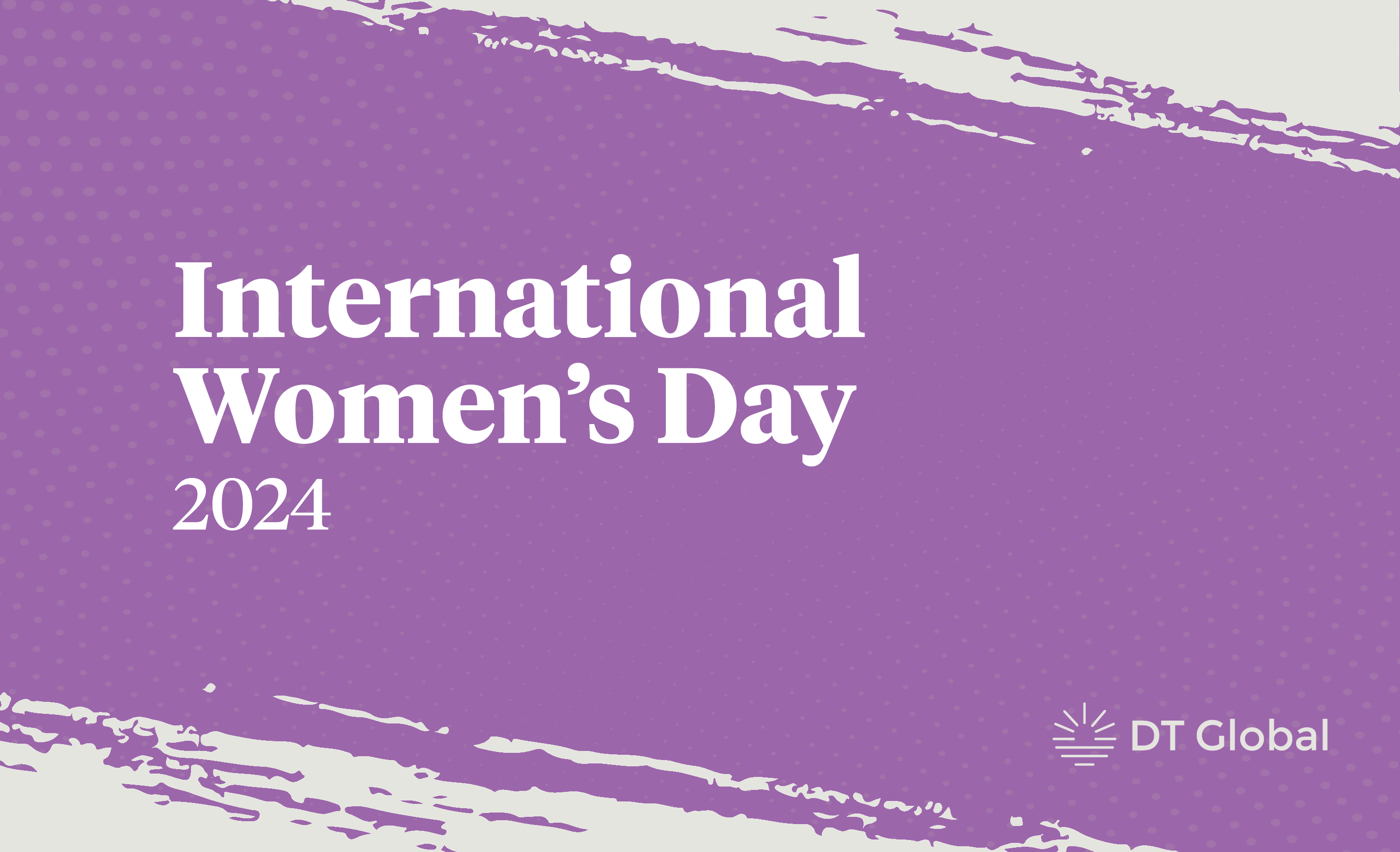
Every year, we celebrate March 8 as International Women’s Day. This year, as we consider how we can invest in women, include women, and accelerate women’s progress, I want us to first think clearly about what happens when we don’t. Gender-based violence is pervasive everywhere, and women are still being treated as if their lives are worthless. True economic empowerment and inclusion for women, while not a panacea, can be a powerful protective force against this violence.
In East Africa, for instance, the extreme level of violence on women’s bodies has led to massive street protests. Last month in Somalia, the husband of Luul Abdi Aziz Jazirain — an airport worker, pregnant mother of six, and widow — set her on fire. This horrifying incident was one of three femicides in the same week.
In Kenya, in what some in the media have termed an “epidemic of violence,” the boyfriend of Grace Wangari Thuiya, a 24-year-old beautician repeatedly stabbed her. According to the New York Times, in 2022, 20,000 gender-related killings of women were recorded in Africa. This is the highest rate in the world. As we know, actual figures are hard to determine as not all cases are reported for various reasons.
These women and the more than 20,000 others not mentioned were not invisible. But the crimes committed against them may as well have been. Normalizing violence against women is a predictable —though appalling and unjust — response to a difficult situation. The factors that lead to violence vary. But one important way to protect women is to boost their ability to earn an income, therefore boosting their freedom and power in the domestic realm. If we are to truly “Invest in women” let’s invest in their economic empowerment.
This starts with paid care work. Statistics from UN Women show that even before the pandemic in 2020, having children reduced women’s labor force participation and earnings by more than half. Women across the world are also more likely to take on unpaid care for ailing or elderly relatives.
Developing a supportive care approach means creating care jobs to enable women to enter the formal paid workforce, developing flexible work policies, and adopting universal childcare. It means collaborating with civil society groups, governments, the private sector, and policymakers to ensure those responsible for creating change are held accountable. It means governments creating gender-responsive budgets that consider the differences in priorities and needs of women and men in budget planning, allocation, and reporting. It means collecting data to establish evidence of the need for building a care economy and to show progress based on objectives and targets.
Another critical factor beyond supportive and paid care are financial services for women. Currently, more often than not, financial services are not tailored to women’s needs. Historically and in present day in many parts of the world, women don’t have access to collateral — particularly since land rights are usually in men’s names — and therefore they are unable to take out bank loans or establish savings accounts. More and more banks are starting to realize that women make great customers because they are excellent savers and financial managers. But financial products need to be tailored to a woman’s needs and there should be a greater push to ensure women’s financial literacy so they can understand and benefit from these products. There is a digital revolution taking place, and as technology innovations grow, so too does the need for ensuring that women have access to and can benefit from fintech solutions.
It is important to note that sometimes, economically empowering women can also cause a backlash for women. Men who are used to dominance may feel threatened when women gain financial freedom. Engaging men and working with male allies to accept women's economic autonomy while discussing healthy masculinity and positive role models is one of many approaches to addressing this complex issue. Above all else, women need to be seen, valued, and protected.
On this International Women’s Day, take a moment to think about how we can better ensure women have access to financial resources, how we can prioritize their needs, treat them equally, and promote their long-term economic gains. Investing in women’s economic empowerment and inclusion has always made good business sense. But even more crucially, investing in this economic empowerment creates tangible choices for women that can help to ensure their survival and begin to create a world free from gender-based violence.